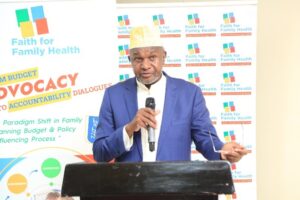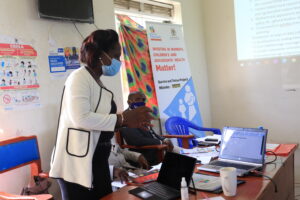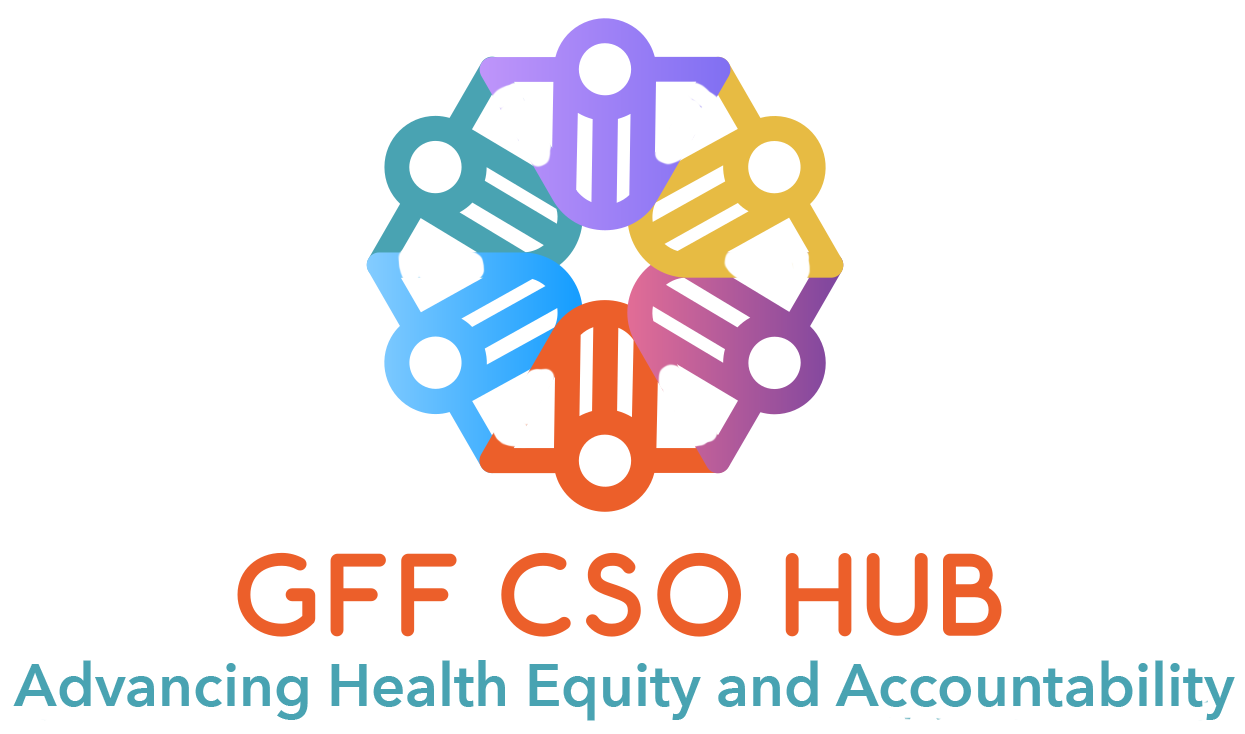In Uganda, Faith for Family Health Initiative (3FHi) has mobilized and trained a diverse group of SRMNCAH-N advocates at district and national levels. The women, children and adolescent health (WCAH) champions include more than 200 traditional, cultural and interfaith religious leaders who play powerful roles in normalizing discourse around SRMNCAH-N and work to build broad-based support for investment in health services. WCAH champions also include influential policymakers who create favorable conditions for advocacy within government; and youth leaders who are essential voices for adolescent health issues that are often excluded from decision-making spaces. 3FHi has provided these champions with essential tools for budget tracking, stakeholder engagement, and effective advocacy – enabling them to drive significant improvements in resource mobilization and health outcomes. In one targeted district, the work of the champions led to a 31% increase in the budget over the project period for WCAH which coincided with a 37.6% decrease in maternal mortality, a drop of 66% for the under-five mortality rate and a 44.2% decrease in the rate of unmet need for family planning. 3FHi also provided tailored support to champions to advance advocacy and accountability to each district’s priorities and needs and proactively elevated district-level outcomes into national policy dialogues.

Even before receiving GFF funding, 3FHi had a strong track record of advancing family planning issues by working with interfaith leaders in eight districts. With GFF funding, 3FHi launched an expanded project with new and existing WCAH champions in Uganda’s Ntoroko District. 3FHi also developed and trained WCAH champions with advocacy and accountability tools, including a teenage pregnancy prevention framework, a budget tracker, and a civil society engagement strategy for champions.
3FHi additionally helped broker and solidify collaborative partnerships between WCAH champions and key influencers and decision-makers to strengthen SRMNCAH+N policies and programs at the district level. Among these partners were district health officers, district planners, biostatisticians, probation officers, community development officers, agricultural department personnel and education officers. 3FHi also built relationships with reproductive health champions in Parliament, including key committee chairs working on gender, health finance, budget, and social development, to ensure that the momentum of advocacy work at the district level was sustained at the national level.
During the fiscal years 2020/21 and 2021/22, 3FHi and WCAH champions played an important role in increasing the total budget allocated towards WCAH in Ntoroko District from UGX 107.8 million to 141.4 million. Between 2019 to 2022—when the project was active—the unmet need for family planning in Ntoroko plummeted from 96.7% to 52.5%, the under-five mortality rate dropped from 64 deaths per 1,000 live births to 21.6, deliveries attended by a skilled provider rose from 64% to 79.3%, and the maternal mortality rate dropped from 108 deaths per 100,000 live births to 67.4.
Since completing its work with the GFF in Ntoroko district, 3FHi has used the model it developed to scale up its work to 11 additional districts. Champions are currently using the tools and training to track and mobilize domestic resource investment in SRMNCAH-N. Progress tracking shows that 11 districts have now created dedicated budget lines for family planning as a result of champions’ engagement. WCAH champions at the national level also contributed to the development of Uganda’s family planning costed implementation plan and are now supporting its implementation.

In 2023, an additional UGX 3 billion was allocated to family planning and the Minister of Health directed national medical stores to allocate half of reproductive health supplies to family planning. Multisectoral engagement at all levels has also led different government departments to start viewing SRH as not only a health issue but also a key component of non-health programming as well.
